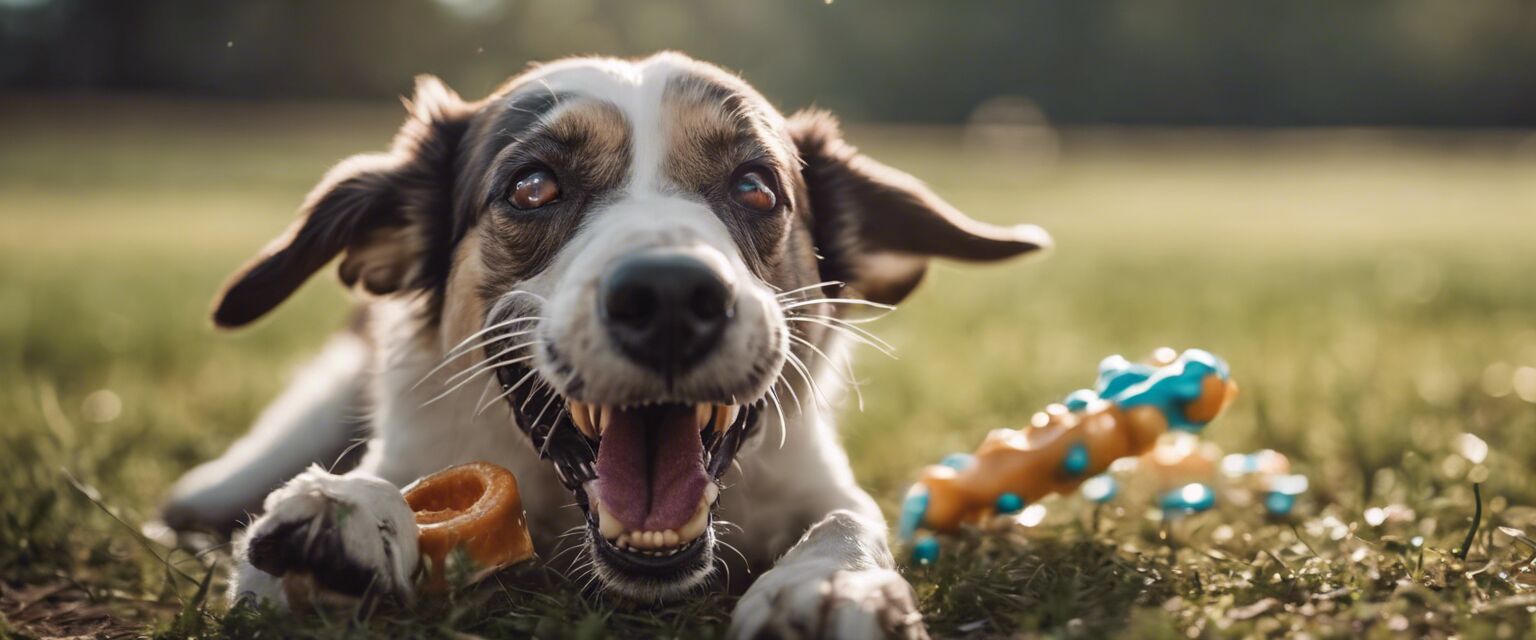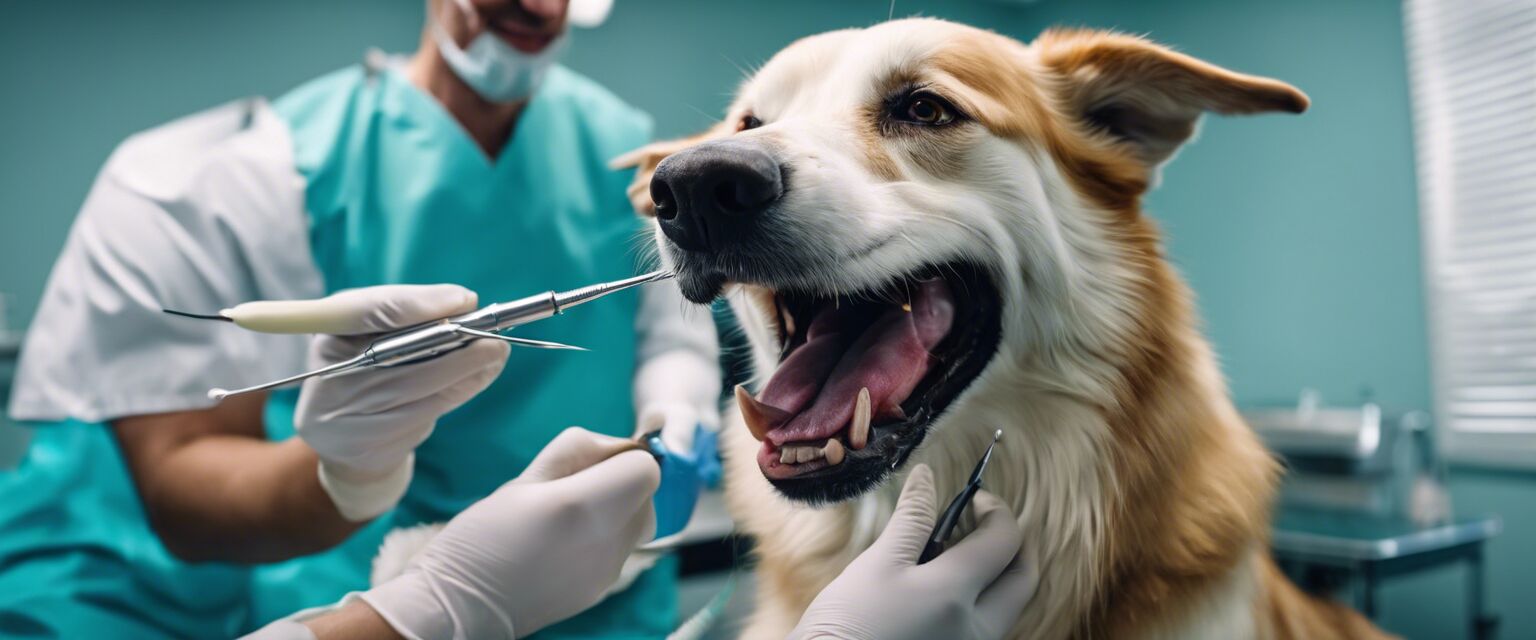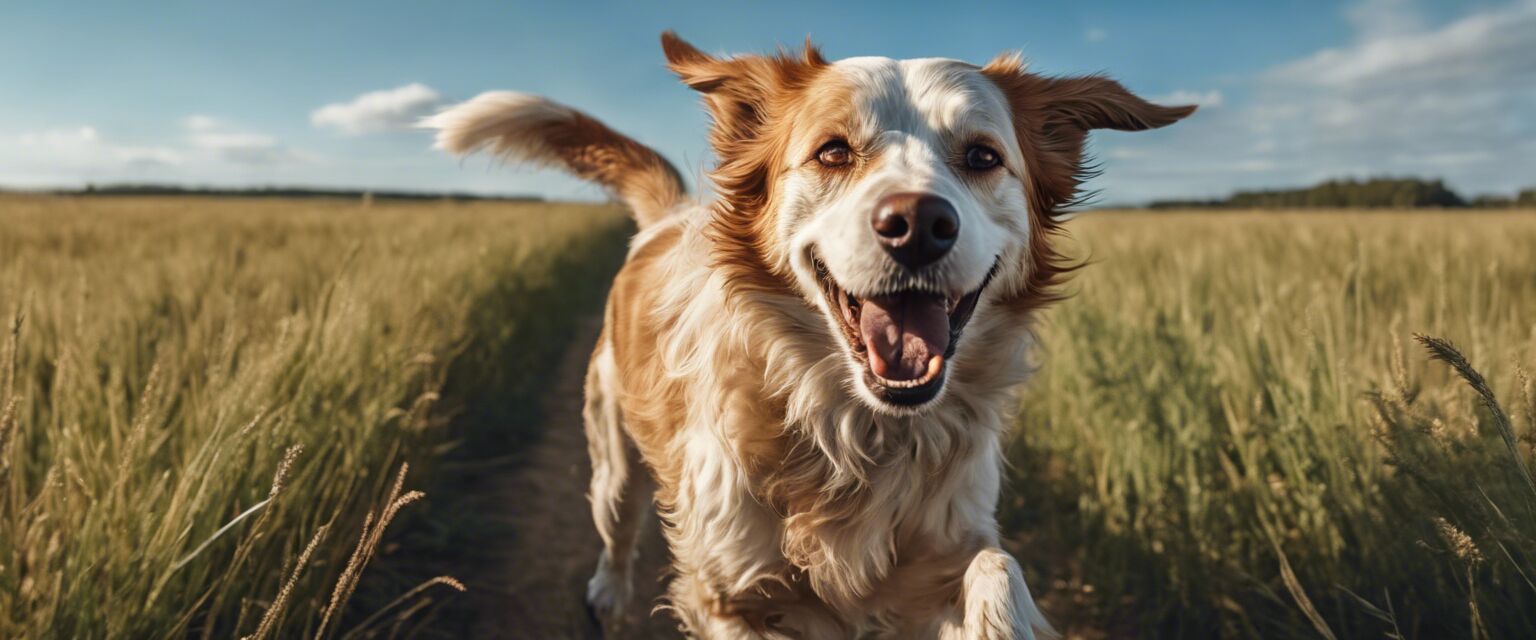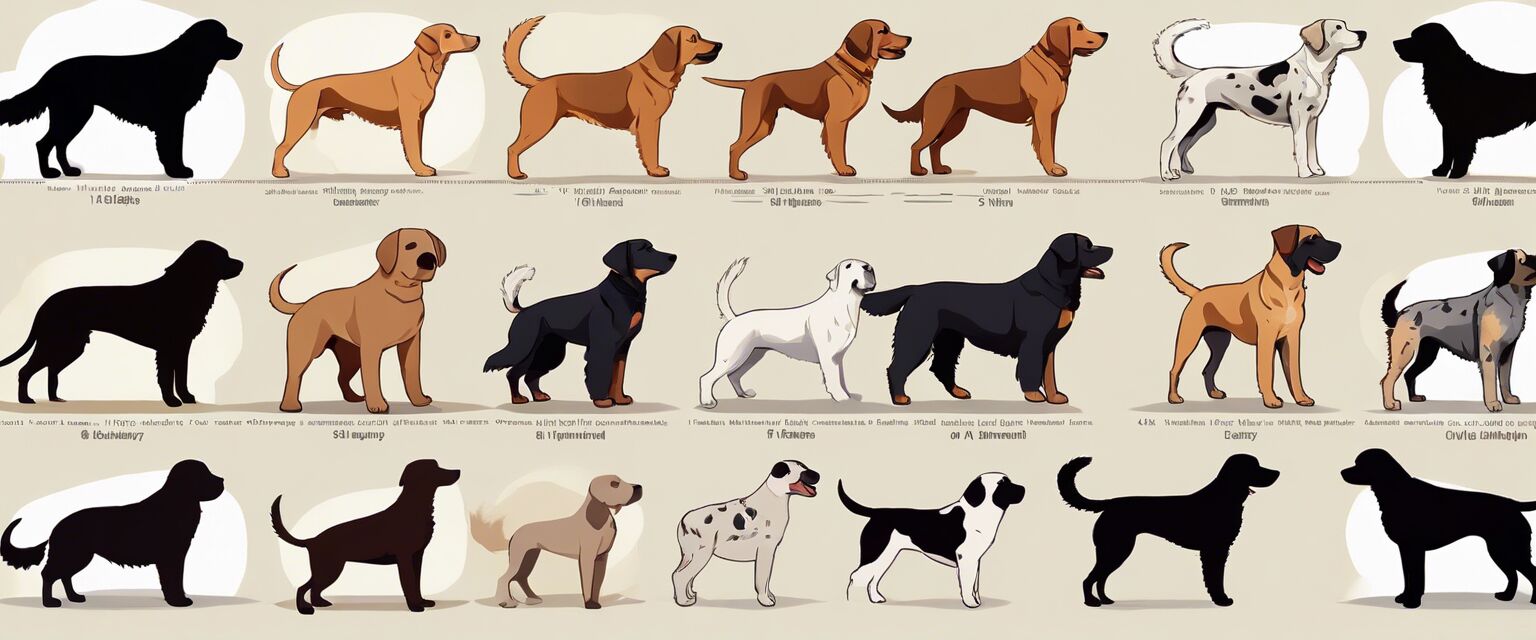
Dental Care for Dogs
Key Takeaways
- Regular dental care is essential for your dog's overall health.
- Brushing your dog's teeth should be a routine part of their care.
- Chew toys and dental treats can aid in maintaining oral hygiene.
- Regular vet check-ups are crucial for monitoring dental health.
- Signs of dental issues include bad breath, difficulty eating, and swollen gums.
Maintaining your dog's dental health is a critical aspect of their overall well-being. Just like humans, dogs can suffer from dental issues that can lead to severe health problems if left untreated. In this comprehensive guide, we will explore effective dental care routines, tips, and the importance of good oral hygiene for your furry friend.
Why Dental Care is Important
Dental health is often overlooked by pet owners, yet it plays a significant role in a dog's overall health. Here are some reasons why dental care is vital:
- Prevents plaque and tartar buildup.
- Reduces the risk of gum disease.
- Helps prevent tooth loss.
- Avoids systemic infections that can affect the heart and kidneys.
Understanding Dog Dental Anatomy
To effectively care for your dog's teeth, it's essential to understand their dental anatomy. Hereâs a simple overview:
| Dental Component | Description |
|---|---|
| Incisors | Used for nibbling and grooming. |
| Canines | Used for tearing food. |
| Premolars | Used for grinding and chewing. |
| Molars | Also used for grinding; particularly important for larger food particles. |
Signs of Dental Problems
Being vigilant about your dog's dental health can help you catch issues early. Here are some common signs of dental problems:
- Bad breath (halitosis)
- Swollen or bleeding gums
- Loose or missing teeth
- Pawing at the mouth or face
- Difficulty eating or chewing
How to Maintain Your Dog's Dental Health
Implementing a dental care routine for your dog is easier than you might think. Here are some effective strategies:
Brushing Your Dog's Teeth
Brushing your dog's teeth is the most effective way to maintain their dental health. Hereâs how to do it:
- Choose a toothbrush designed for dogs.
- Select a toothpaste specifically formulated for pets.
- Get your dog comfortable with the process by allowing them to lick the toothpaste.
- Gently brush in circular motions, focusing on the gum line.
- Reward your dog with praise and treats afterwards.
Dental Chews and Toys
Incorporating dental chews and toys into your dog's routine can significantly help in reducing plaque and tartar. Look for products that have been approved by the Veterinary Oral Health Council (VOHC).
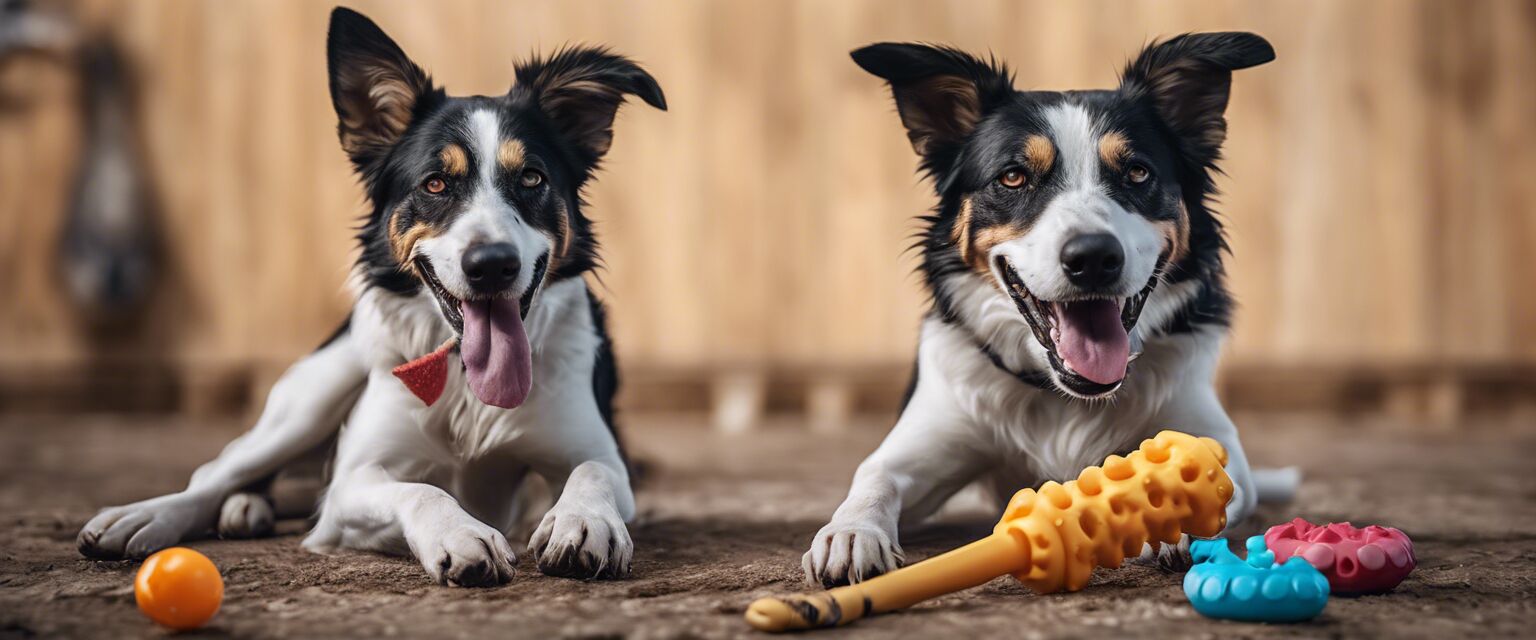
Regular Vet Check-ups
Schedule regular veterinary check-ups for professional cleaning and to monitor your dog's dental health. Your vet can spot problems early and recommend treatments if necessary.
Common Dental Treatments for Dogs
If your dog suffers from dental issues, various treatments are available:
| Treatment | Description |
|---|---|
| Dental Cleaning | A professional cleaning under anesthesia to remove tartar and plaque. |
| Extractions | Removal of severely damaged or infected teeth. |
| Scaling and Polishing | Deep cleaning below the gum line and smoothing the tooth surface. |
| Medications | Antibiotics or pain relief as prescribed by the vet. |
Tips for Beginners
Getting Started with Dog Dental Care
- Start slowly and be patient as your dog gets used to dental care.
- Use positive reinforcement to make the experience enjoyable.
- Establish a routine â aim for brushing several times a week.
- Consider using water additives or dental wipes for additional care.
- Monitor your dog's dental health regularly for any changes.
Conclusion
Taking care of your dog's dental health requires a commitment, but the rewards are worth it. A healthy mouth leads to a happier, healthier dog. By incorporating regular brushing, providing dental chews, and scheduling vet check-ups, you can ensure your dog maintains optimal oral hygiene.
Pros
- Improved overall health and well-being.
- Prevention of serious dental issues.
- Cost-effective in the long run compared to treatments.
- Better breath and healthier gums.
Cons
- Time-consuming to establish a routine.
- Some dogs may resist tooth brushing.
- Costs associated with dental products and vet visits.
- Requires consistency and commitment from the owner.
Further Reading
For more information on related topics, check out these articles:
